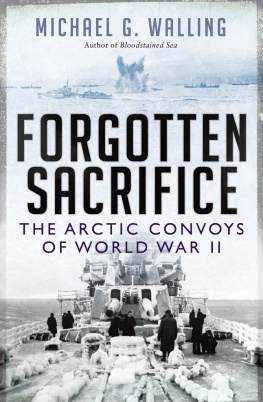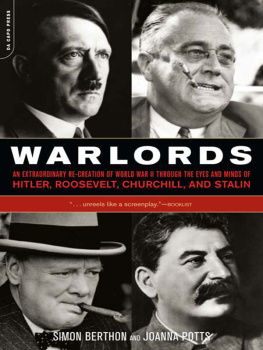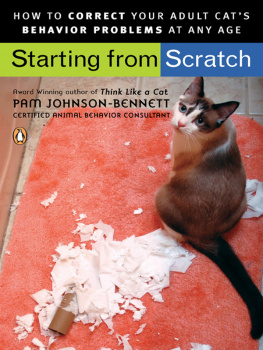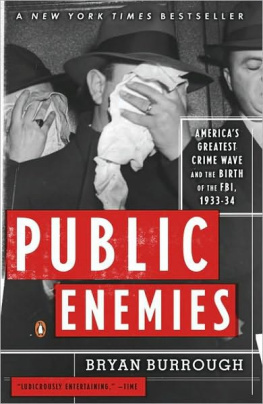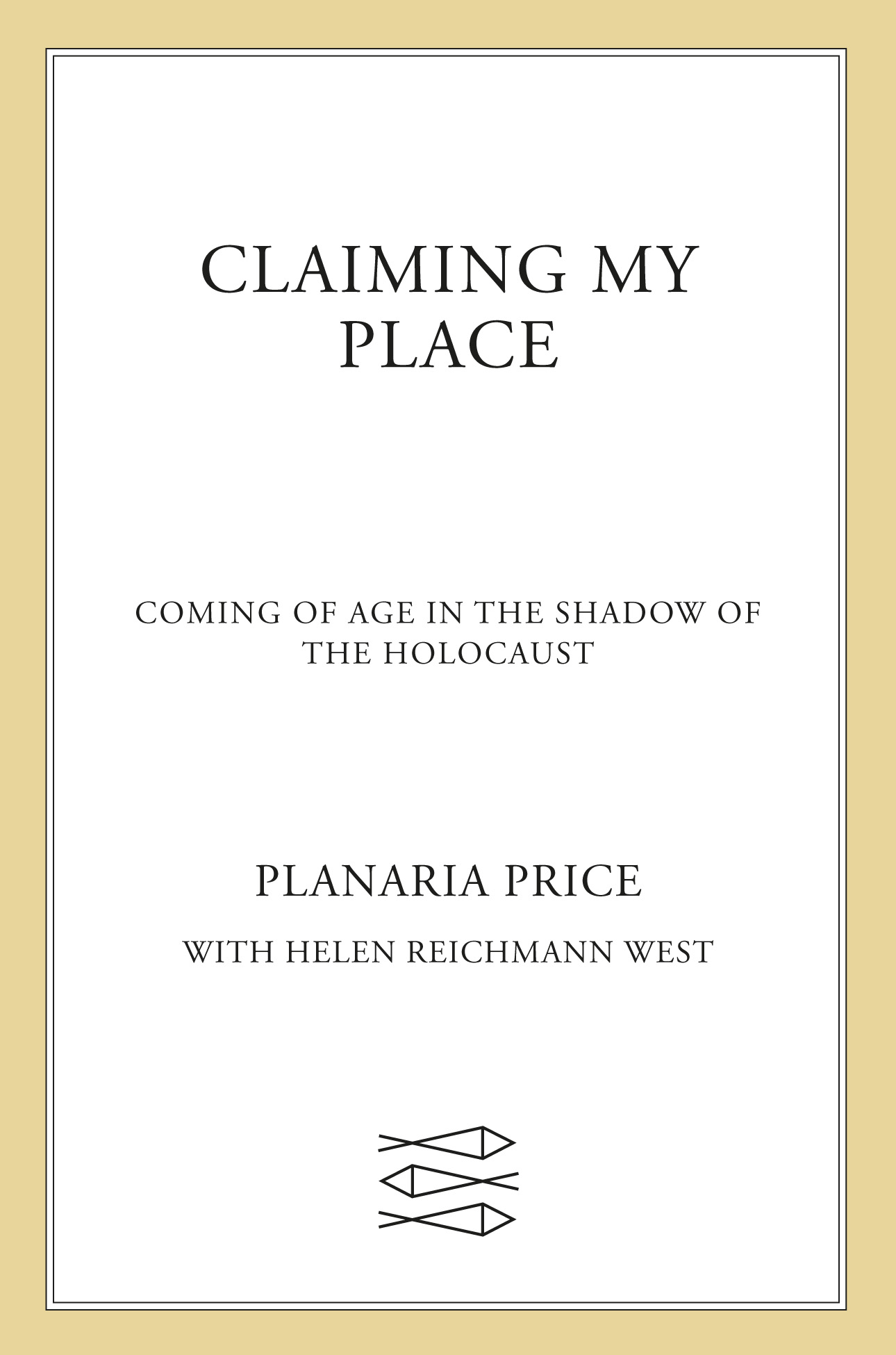Contents
Guide
Pagebreaks of the print version
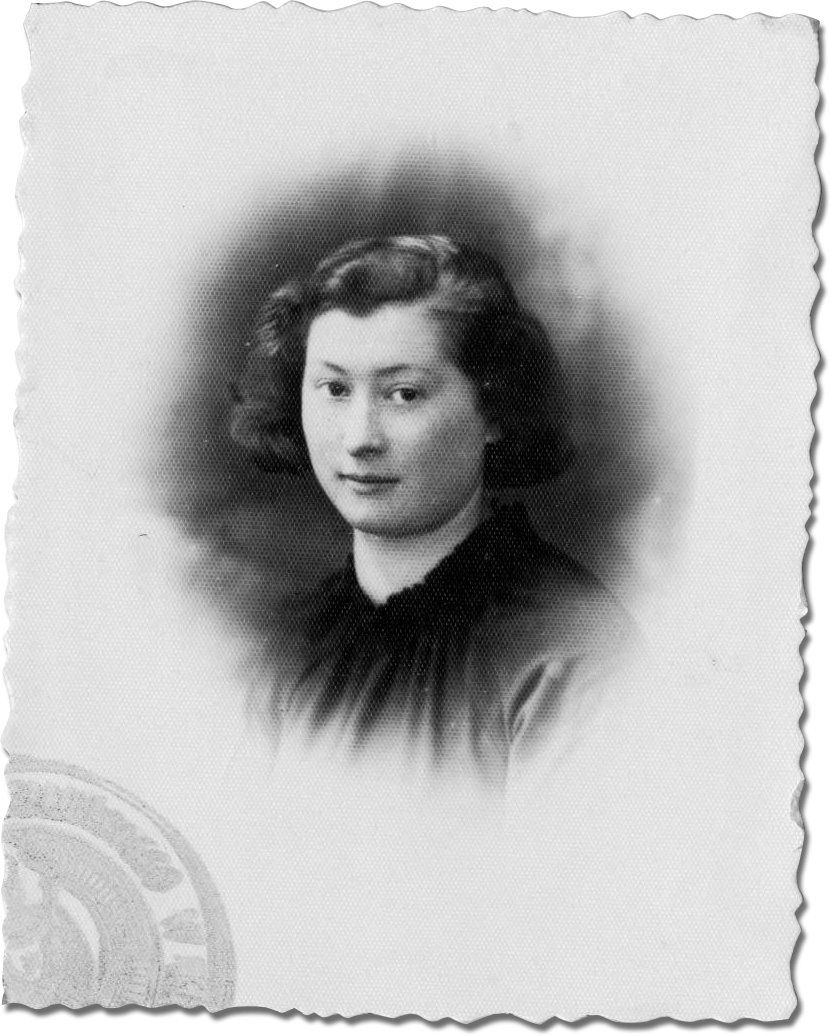
Sura Gitla Gomolinska, nicknamed Gucia, at age twenty-one in Krakw, Poland, 1937

The author and publisher have provided this e-book to you for your personal use only. You may not make this e-book publicly available in any way. Copyright infringement is against the law. If you believe the copy of this e-book you are reading infringes on the authors copyright, please notify the publisher at: us.macmillanusa.com/piracy.
For the Six Million, whose stories can never be shared, and for Sabina
P.P.
For Hendla Gomolinska and Chaya Lau, two strong, independent women who paved the way
H.R.W.
Now go write it down on a tablet
And inscribe it in a record,
That it may be with them for future days,
A witness forever.
Isaiah 30:8
Sura Gitla Gomolinska , born May 15, 1916, nicknamed Gucia , changed her name in 1942 to Danuta Barbara Tanska , nicknamed Basia . Barbara/Basia were the names she kept for the rest of her life.
GOMOLINSKI FAMILY
Itzak Hirsch Gomolinski (father, known to his children as Tatte )
Hendla Libeskind Gomolinska (mother)
Hela ( Jacob Brem , husband; Marek Brem , son; Abek Brem , brother-in-law)
Chanusck
Sura Gitla (Gucia , later known as Basia)
Idek
Josek
Beniek
Rifka
Regina
OTHER FAMILIES FEATURED IN THE STORY
Uncle Josef Libeskind (Hendlas brother, Basias uncle)
Aunt Sura Libeskind
Janek
Mala
Mania
Mendel
Moshe
Rozia
Uncle Mendel Libeskind (Hendlas brother, Basias uncle)
Aunt Sprintza Libeskind
Elkanah
Hinda
Rabbi Moshe Chaim Lau (chief rabbi in Piotrkw beginning in 1934)
Rebbitzin Chaya Lau
Naphtali (Tulek)
Shmuel Yitzhak (Milek)
Yisrael (Lulek)
Baila Reichmann (Leon Reichmanns mother)
Leon Reichmann (Basias husband)
Abraham Reichmann (Leon Reichmanns brother)
Henry Marton (Leon Reichmanns cousin)
Heniek Wajshof (Basias high school boyfriend)
Mania and Dora Wajshof (Heniek Wajshofs sisters)
Srulek Wajshof (Heniek Wajshofs cousin)
OTHER MAIN CHARACTERS
Chana Chojnacka (Gomolinski familys Jewish maid)
Herr and Frau Schweibold (owners of Ulm hotel where Basia worked)
Itka Ber (Basias childhood friend)
Itka Moskowitz (Basias college roommate)
Janova (Gomolinski familys Polish maid)
Kazimierz Dobranski (Polish neighbor)
Krysia (Gomolinski familys Polish maid)
Maya (Gucias friend and fellow worker at Ulm hotel)
Rozia Nissenson (Basias school friend)
Sabina Sheratska, ne Markowitz (Basias wartime companion)
Sala Grinzspan (Basias school friend)
Sala Jacobowitz Reichmann (Leon Reichmanns first wife)
When you listen to a witness, you become a witness.
Elie Wiesel (19282016)
It really was a dark and stormy night. My husband and I were sheltering from the rain at the bar at Nepenthe in Big Sur, California. The rain was so fierce that the place was empty, until two others came in and sat beside us. During the next couple of hours, Murray and I bonded with a woman named Helen West and her best friend, Marcia Greene, over wine and the free food sent forth from the kitchen, feeling cozy and protected from the raging storm. As we shared our stories, Helens mention of being born in Munich opened our conversation to the tale of how her mother, Barbara Reichmann, had survived the Holocaust as a young woman in her twenties, always keeping one step ahead of the Nazis and evading capture. It was a tale of such courage, integrity, and smart choices, filled with odd twists, amazing coincidences, romance, and great losses that, despite my heavy sweater, I kept getting goose bumps.
The story captivated me for an additional reason. As a teacher of English as a Second Language to immigrant adults, I was often amazed and troubled by questions from some of my students after we read Holocaust stories together. They would ask if those horrific things had actually happened. This wasnt ancient history. Many Holocaust survivors were still alive. How could my wonderful students, many of them refugees and survivors themselves, not know of the genocide of World War II? Perhaps a personal and unusual story like Barbaras, with the dramatic appeal of good literature, would make the tragedy of the Holocaust real to them.
This needs to be a book! I urged Helen.
I agree, Helen said. But Im not about to do it. Im busy enough with my psychotherapy practice. I write the occasional poem or personal essay or journal article, but I wouldnt know where to begin taking on a book and wouldnt have time if I did.
Ill do it! I blurted out.
What a gift! she said. Ill run it by my mother.
After some initial reluctance, Barbara agreed to the proposal Helen and I presented to her: to share her life stories with me for a book. Helen and I would be partners, collaborating on every aspect. Barbara and Helen entrusted me with authorship of the main narrative, crafting a book out of Barbaras memories from earliest childhood up to immigrating to America. Helen would write a coda at the end giving her perspective on Barbaras life from that time on. Helen would also serve as guardian of Barbaras story, ensuring that the characters and events were faithfully rendered. Barbara would have the final say on everything.
A few months later I was on a plane from Los Angeles to Washington, DC.
Helen invited me to stay at her home, and each morning for five days, ninety-year-old Barbara ReichmannBasia to her family and intimates from Europedrove from her apartment to Helens house to let me interview her. We sat around the kitchen table, tape recorder on my left, laptop in front of me, yummy food from Helen surrounding us, and we talked. Barbarabright, elegant, charminghad the most incredible memory, going as far back as age two. She so graciously and warmly shared with me the most intimate details of her life: her joys and her deep pain. My questions brought forth memories, including not only a wealth of factual details, but also what she remembered thinking and feeling, from her happy early life growing up in Poland to the years leading up to and through the Holocaust.
Back in Los Angeles, excited and stimulated by Barbaras story, I immediately started writing, e-mailing, and calling Helen for more information and clarifications from Barbara. I incessantly went over my notes and re-listened to the tapes to be sure to capture Barbaras voice. What Barbara told me was so vivid, so alive, so in the moment. I didnt feel I had the right to tell her story; only she should tell it. So I chose to write in the first person, and in the present tense, to capture the immediacy of her experiences, and as often as possible, I used her exact words and turns of phrase.
Helen was invaluable, helping me research details, linking me with people involved in Holocaust studies and with survivors. Emotionally consumed by Barbaras story, I finished the first draft in three months and sent it to Helen.
Two months later I was again in Washington, DC, to go over the draft with Helen and Barbara. We sat around Barbaras dining room table, feasting on her chopped liver, stuffed cabbage, and freshly baked almond cookies ( mandelbrot ). Barbara was able to add even more information and correct my Polish spelling; she said she was pleased with the manuscript.


